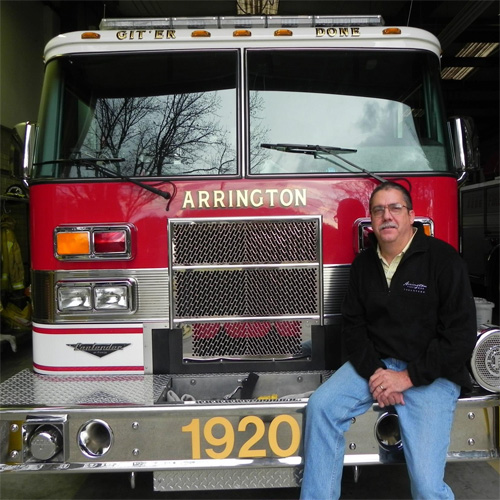I spent the five happiest years of my life in a morgue. As a forensic scientist in the Cleveland coroner’s office I analyzed gunshot residue on hands and clothing, hairs, fibers, paint, glass, DNA, blood and many other forms of trace evidence, as well as crime scenes. Now I'm a certified latent print examiner and CSI for a police department in Florida. I also write a series of forensic suspense novels, turning the day job into fiction. My books have been translated into six languages.
The only areas of the body with friction ridges are the palms and fingers of the hand and the soles of the feet. They could not possibly be found on gloves. I don't know if there's a paper that states that...it's kind of like finding research to say that an apple is not an Orange. However if you search 'identifying glove prints ' you could probably find what you need. Best of luck.
Not as far as I know. I think that would be too difficult because even if you could assess staleness, you wouldn't know how fast the person smokes a pack, therefore how long the pack had been open, how it had been stored, etc.
It almost certainly would not be a deal-breaker. Just tell them the truth.
I'm sure that depends on what material the pants were made of.
Professional Reseller
 What was your most valuable find in a thrift store?
What was your most valuable find in a thrift store?
Firefighter
 How can you tell if a fire was arson?
How can you tell if a fire was arson?
Social Worker
 What do you think that New York does better or worse than other States?
What do you think that New York does better or worse than other States?
I'm sorry but I don't know. A DNA testing company can probably help you. Best of luck!
I wouldn't have any idea about that.
Go to a college that offers a degree in forensic science. Each college or university should have a website where they list the degrees they provide.
-OR-
 Login with Facebook
Login with Facebook (max 20 characters - letters, numbers, and underscores only. Note that your username is private, and you have the option to choose an alias when asking questions or hosting a Q&A.)
(A valid e-mail address is required. Your e-mail will not be shared with anyone.)
(min 5 characters)
By checking this box, you acknowledge that you have read and agree to Jobstr.com’s Terms and Privacy Policy.
-OR-
 Register with Facebook
Register with Facebook(Don't worry: you'll be able to choose an alias when asking questions or hosting a Q&A.)